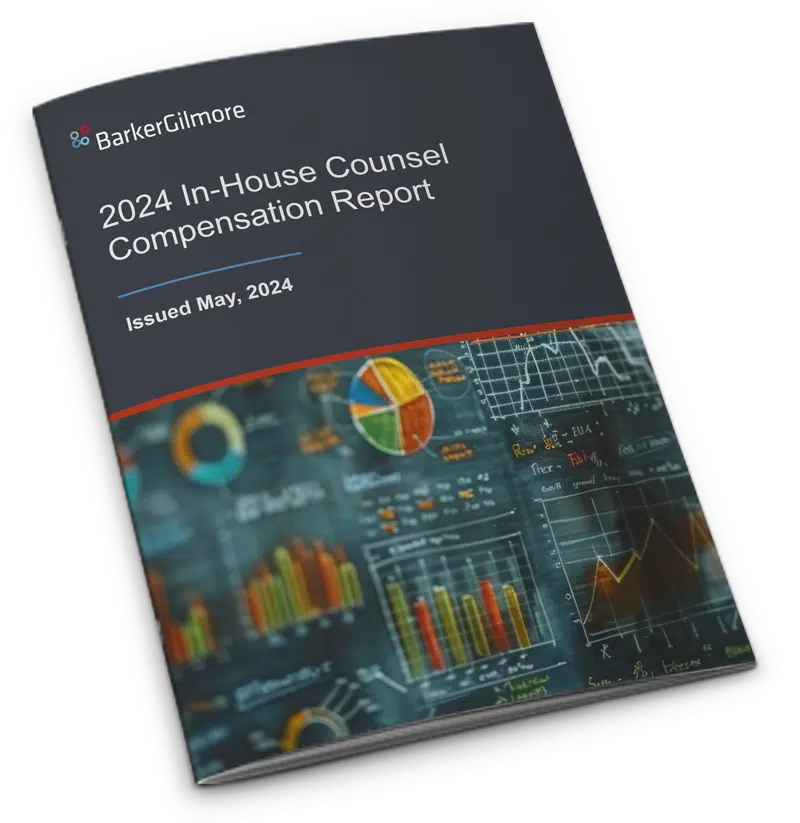In this three-part series, we provide practical advice and useful tips to help the employer and the candidate determine during the interview process if there is a mutually beneficial cultural fit. Our first article, How to Describe Your Company Culture to Attract the Right Candidates, focused on the value of cultural fit and how to describe the unique elements of your organization’s culture when interviewing prospective candidates. BarkerGilmore’s Strategic Advisors Maureen Brundage, Helen Pudlin, and Audrey Rubin again shared their thoughts with me on how to assess a candidate for a good culture fit.
Above All — Be Honest.
In today’s environment, it is more important than ever to effectively communicate to potential candidates about company’s culture — and for candidates to understand the company’s norms and unwritten rules. Make sure that both parties know that if they “get married,” they are going to stay together. The more honest you are during every step of the interview process, and the more effectively you communicate to the candidate what’s important to the company and how it operates, the better the match will be and the higher the chances that both parties will benefit from a working relationship. If you are honest about the culture of your organization, it will be easier to understand whether the candidate would be comfortable in that culture.
Take the Interview to the Next Level.
Let’s assume that you have reached the point in the interview process where you have a good grasp on how well the candidate’s skills and experience mesh with the job description, and they have some insight into the company’s people, values, diversity, and other factors that reflect corporate culture. It’s essential to take the interview to the next level and evaluate whether the candidate has the “right stuff” to benefit from, and be of benefit to, your culture. This is the missing piece that can make or break your decision to hire the candidate.
Ask for a Response to Hypothetical Scenarios.
Raising questions that present a “what if” scenario will allow you to understand how a candidate thinks about and handles situations that are reflective of your typical work environment. Describe a scenario that could be considered a gray area and raises either ethical or quasi-legal issues, then ask the candidate how they would handle it. For example, ask them what they would do if the company planned to take certain steps that could create ethical or other issues. Their reaction may involve rolling over and saying yes, escalating the issue to the GC, taking an ethical stand, or another innovative solution. Don’t forget to also ask about their ability to take risk. Pose a scenario to find out their level of risk tolerance and whether or not it matches that of your company culture.
Get Up Close and Personal.
You can start by letting the candidate know, for example, that your workplace is a high-stress environment and encourage them to tell you about their previous work environment. Find out about their work style and whether they are used to a highly collaborative or independent decision-making process. This will reveal a great deal about their ability to integrate with the rest of your team. Follow that up with a series of very specific and personal preference questions such as:
- What does a successful company culture look like to you?
- What does work-life balance mean to you?
- Describe the work environment or culture in which you are most productive and happy.
- What gets you excited about coming to work?
- What makes your current organization a great place to work?
- What’s the biggest problem in most companies today?
- What motivates you to do your best work?
- What would be your ideal work schedule?
If you listen very carefully, you will discover a great deal about the candidate’s level of emotional intelligence and how they will fit the organization’s culture.
Turn the Tables.
Don’t be afraid to turn the tables and ask the candidate how they would describe your culture based on their interactions with your team so far! It’s a really great question to help you understand their perceptions of your organization and how well you and your team have communicated your culture to the candidate.
Maureen Brundage, Helen Pudlin, Audrey Rubin, and our team of consultants are happy to help accelerate the initiatives that you’re already pursuing or to supplement your current strategic thinking to help you realize your vision. Please reach out if you or your organization may benefit from our recruiting, leadership development, or law and compliance department consulting services.
Connect with a legal recruiting advisor
* indicates required fields







